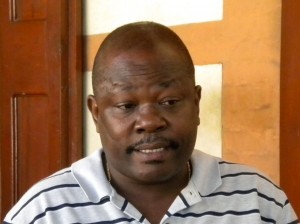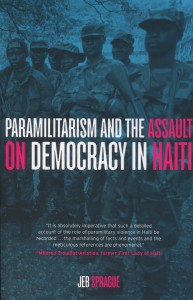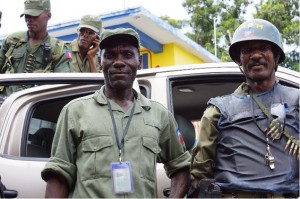The first in a series of four reports on housing conditions and relocation was published today. Based on research conducted in July and August 2012 by Mark Schuller, with funding from the National Science Foundation, Homeward Bound? Assessing Progress of Relocation from Haiti’s IDP camps is available on the Institute for Justice and Democracy (IJDH) website.
Striking Haiti on its way to the United States’ eastern seaboard in late October, Hurricane Sandy exposed the precariousness of the estimated 370,000 people still living under tents almost three years after the devastating earthquake.
Yet the population of internally displaced persons (IDPs) peaked at 1.5 million. As a report from the US State Department pointed out, the current IDP population is estimated at 25% of this total. Much has been said about the efforts of the international community to rehouse this vulnerable population, particularly President Michel Martelly’s “16/6” program and the NGO programs that have followed.
Continue reading Press Release: New report on housing by Mark Schuller



